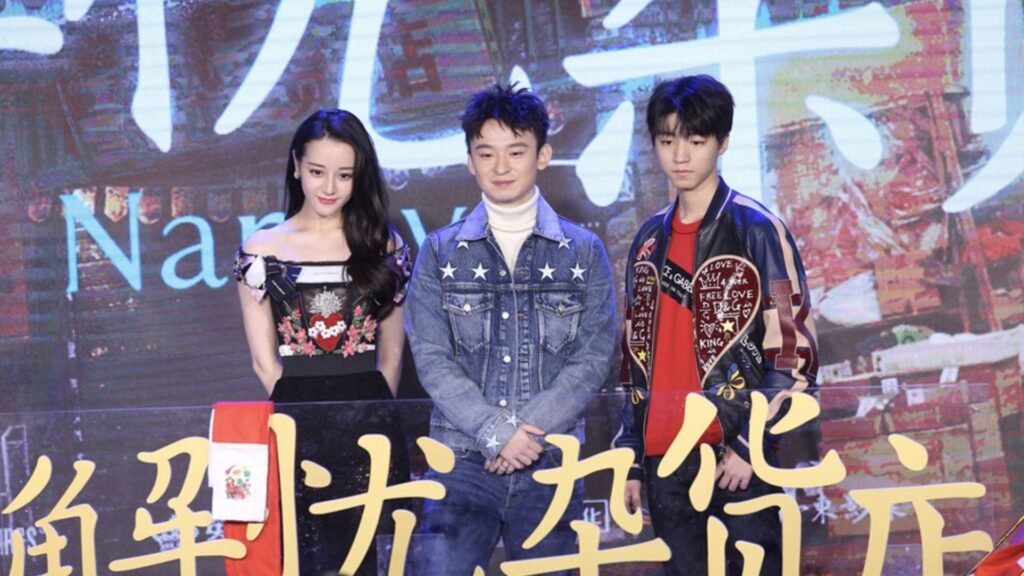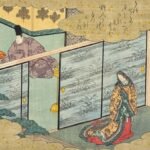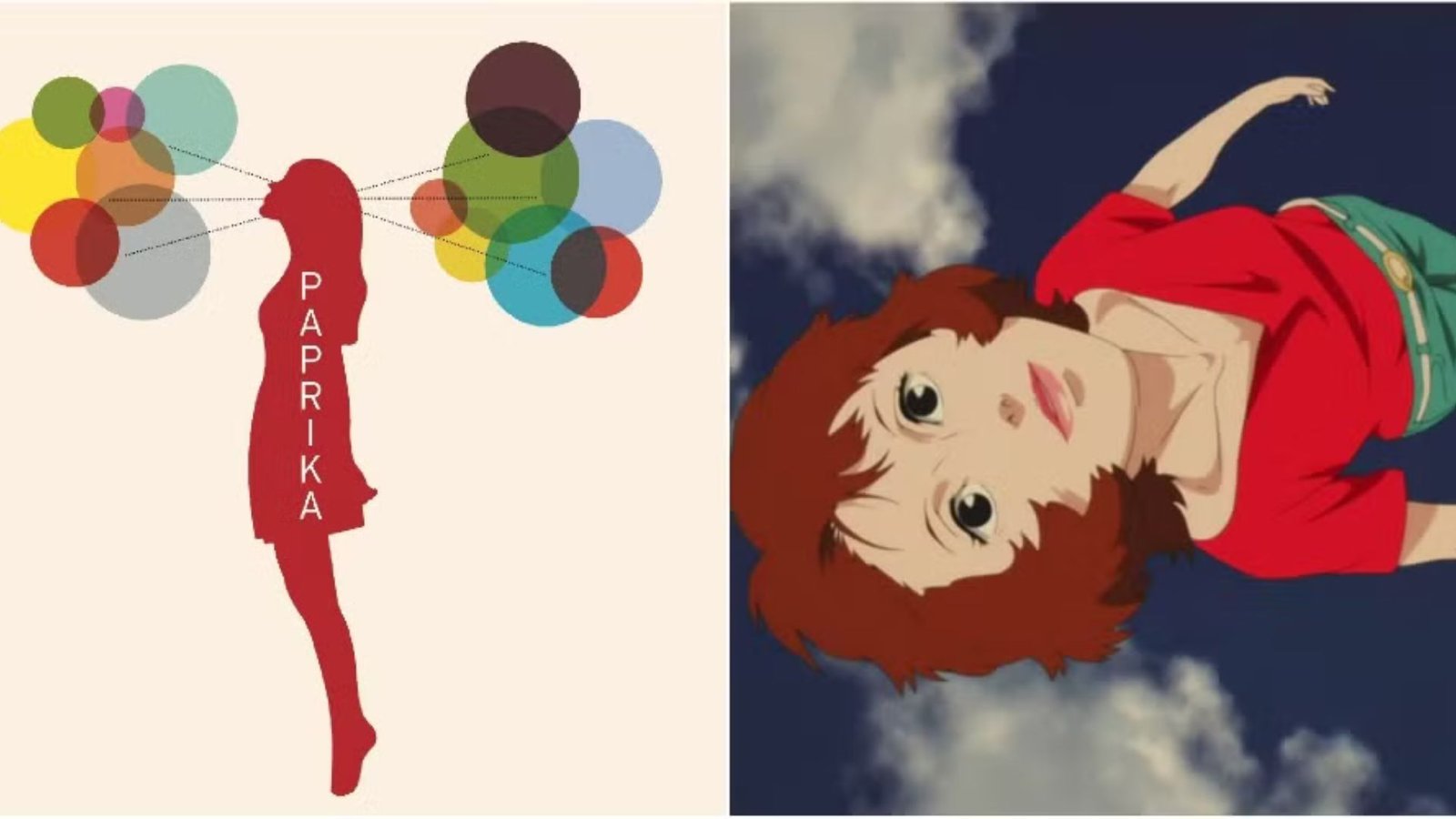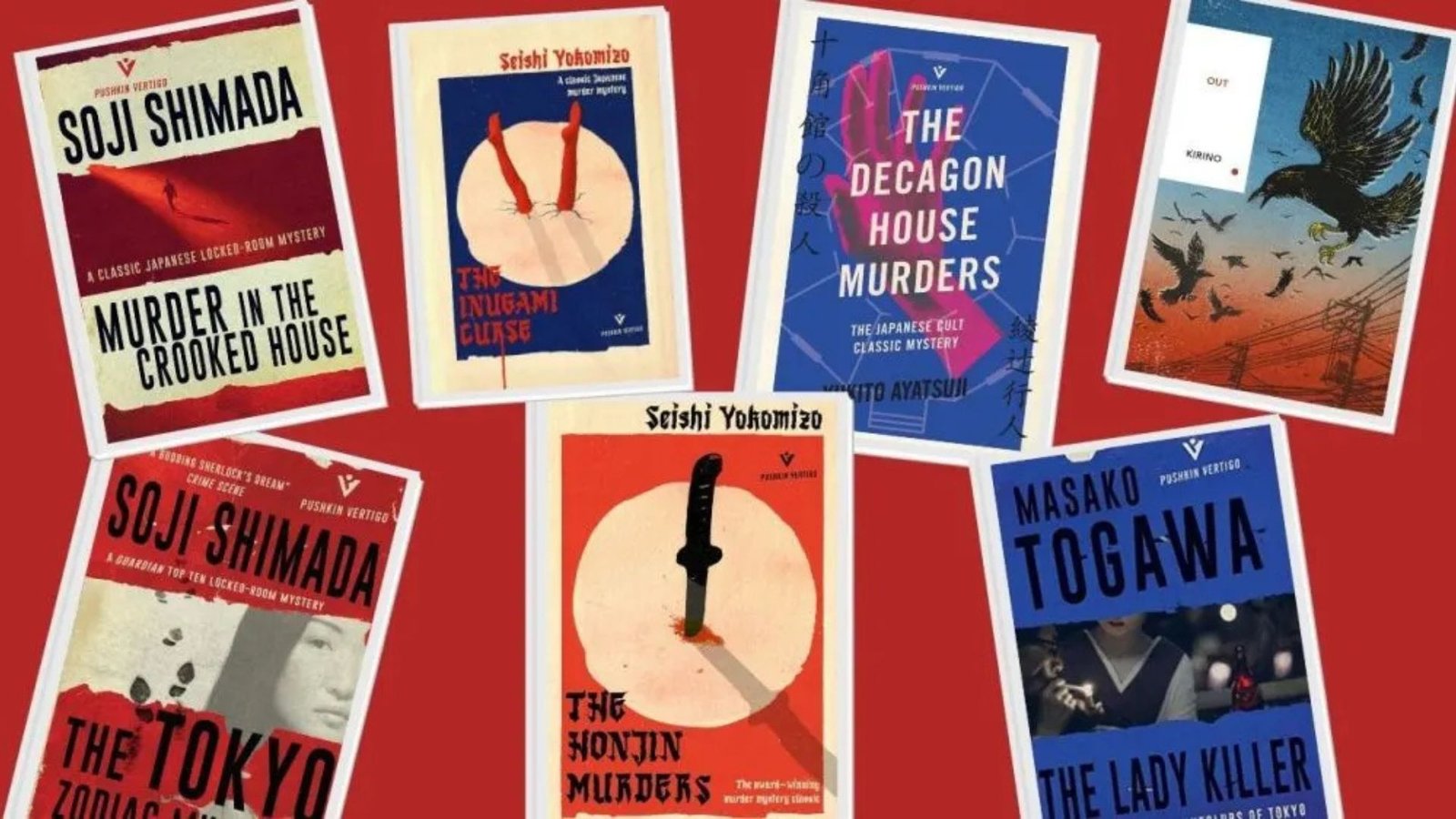Japan has a rich literary tradition, with many novels that have captivated readers around the world. These novels often explore deep emotional themes, intricate narratives, and complex characters. The result is a vibrant collection of films that bring beloved Japanese novels to life in unique and compelling ways. In this article, we’ll explore some of the most famous and impactful Japanese novels that have been adapted into films, highlighting how the narrative and themes transition from the page to the screen.

“Norwegian Wood” by Haruki Murakami
One of Haruki Murakami’s most popular and well-loved novels, “Norwegian Wood” (1987), was adapted into a film in 2010, directed by Tran Anh Hung. The novel is a poignant coming-of-age story set in the 1960s, following the emotionally complicated relationships of Toru Watanabe, a university student, and his two love interests, Naoko and Midori. The story explores themes of love, loss, and mental health.
Why It’s Worth Watching:
- Beautiful Cinematography: The film captures the essence of the novel’s melancholic atmosphere, with stunning visuals that reflect the emotional depth of the story.
- Emotional Resonance: Both the novel and the film focus on the introspective nature of its characters, offering a contemplative experience for the viewer.
“Ringu” by Koji Suzuki
“Ringu” (1991) by Koji Suzuki is a horror novel that became a global phenomenon when it was adapted into a film in 1998 by director Hideo Nakata. The story follows a journalist investigating a mysterious videotape that causes anyone who watches it to die seven days later. The book and film are the foundation of the J-Horror genre, influencing many Western horror films in the process.
Why It’s Worth Watching:
- Cultural Impact: The film adaptation popularized the J-Horror genre and became the inspiration for the American remake “The Ring” (2002).
- Atmospheric Tension: The film expertly builds suspense, using silence and subtlety to create a chilling atmosphere that captures the eerie, supernatural essence of the book.
- Horror with Depth: While it’s a horror story at its core, “Ringu” also explores themes of grief, loss, and the consequences of curiosity, making it both terrifying and thought-provoking.
“Out” by Natsuo Kirino
The story revolves around a group of women working in a Tokyo factory who become entangled in a dark and violent plot after one of them murders her abusive husband.
Why It’s Worth Watching:
- Intense Drama: The film adaptation captures the bleak, tense atmosphere of the novel, portraying the emotional and psychological toll of violence and betrayal.
- Strong Female Protagonists: The movie, like the novel, gives voice to complex, multifaceted female characters, providing a nuanced portrayal of women in a patriarchal society.
- Dark Social Commentary: The film doesn’t shy away from addressing issues such as poverty, exploitation, and societal expectations, making it a gripping watch with strong emotional depth.
“Battle Royale” by Koushun Takami
The dystopian novel presents a brutal, government-mandated survival game in which a group of high school students must fight to the death on a deserted island. The film adaptation became infamous for its violent content and quickly gained a cult following.
Why It’s Worth Watching:
- Cult Classic: The film’s violent, satirical take on societal control and youth rebellion resonates with audiences, making it a must-see for fans of dystopian fiction.
- Action-Packed: The movie’s fast-paced action and shocking moments make it a thrilling watch, keeping viewers on the edge of their seats.
- Deep Social Commentary: Despite its intense violence, the film (and the book) addresses important themes such as power, survival, and the breakdown of social order.
Conclusion
The Japanese literary landscape is rich with diverse genres and deeply emotional stories that have captivated readers worldwide. These novels, when adapted into films, provide a unique opportunity to experience these narratives in a different medium, often adding layers of visual storytelling, atmosphere, and emotional depth. Whether you are a fan of literary adaptations or simply curious about the intersection of Japanese literature and cinema, these films offer a fantastic way to dive deeper into Japan’s vibrant storytelling tradition.











